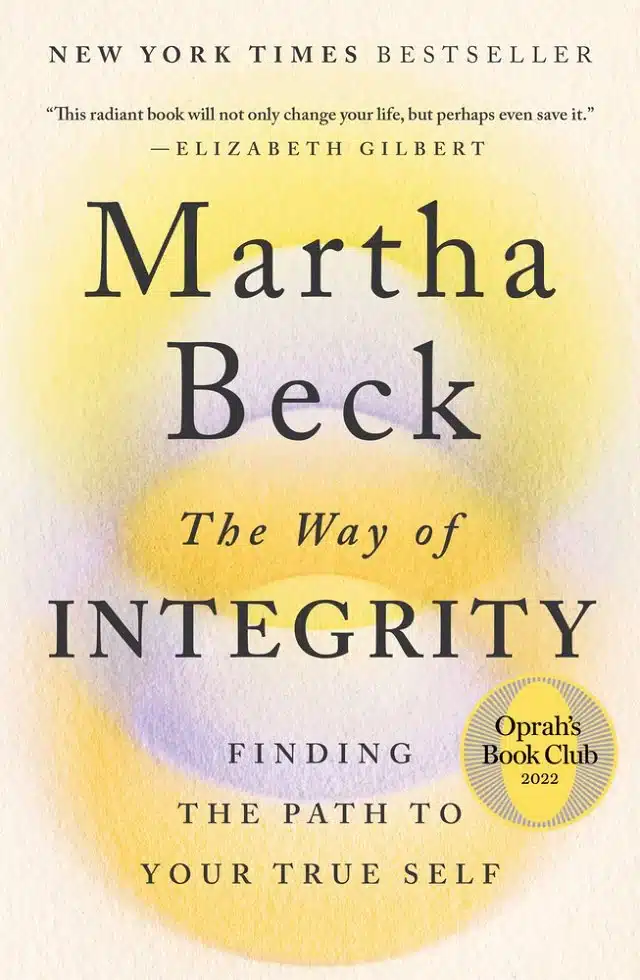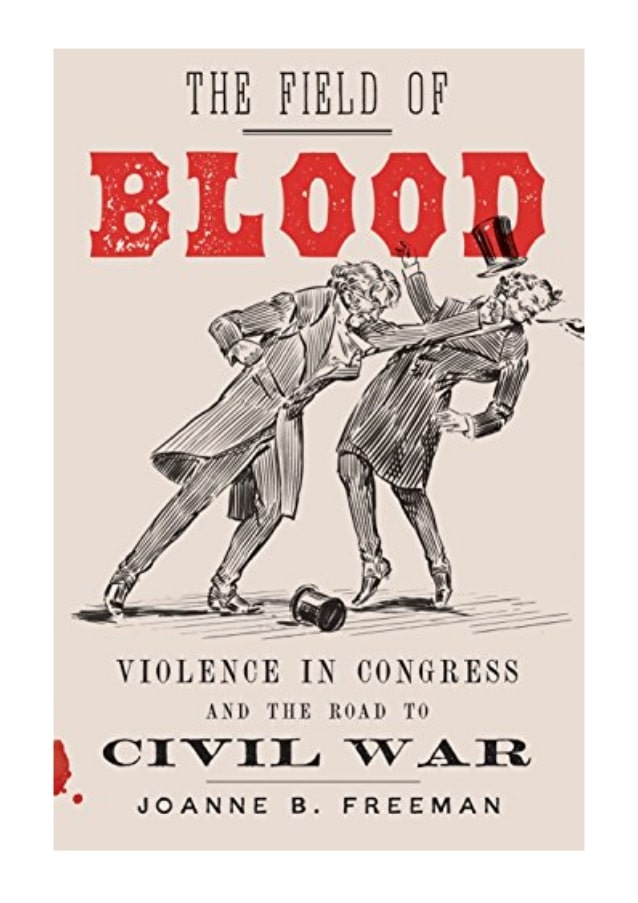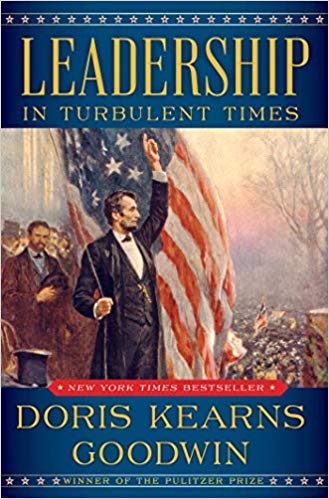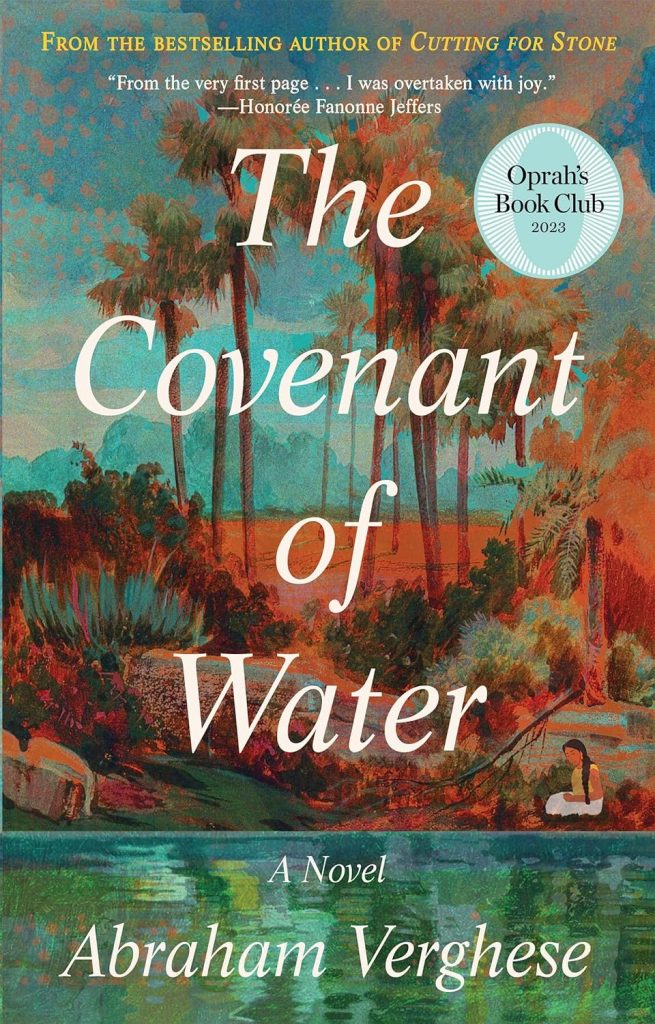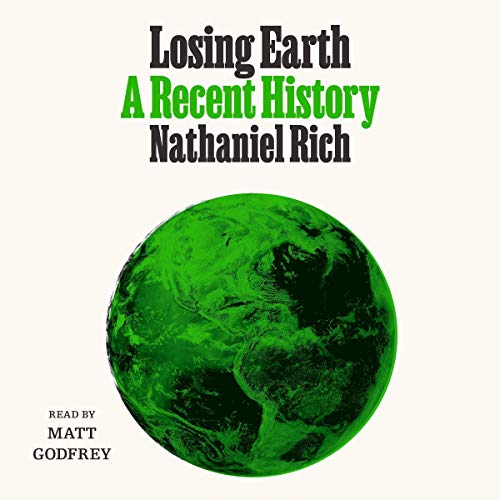Wedding Roadblocks
Estimated reading time: 16 minutes, 1 second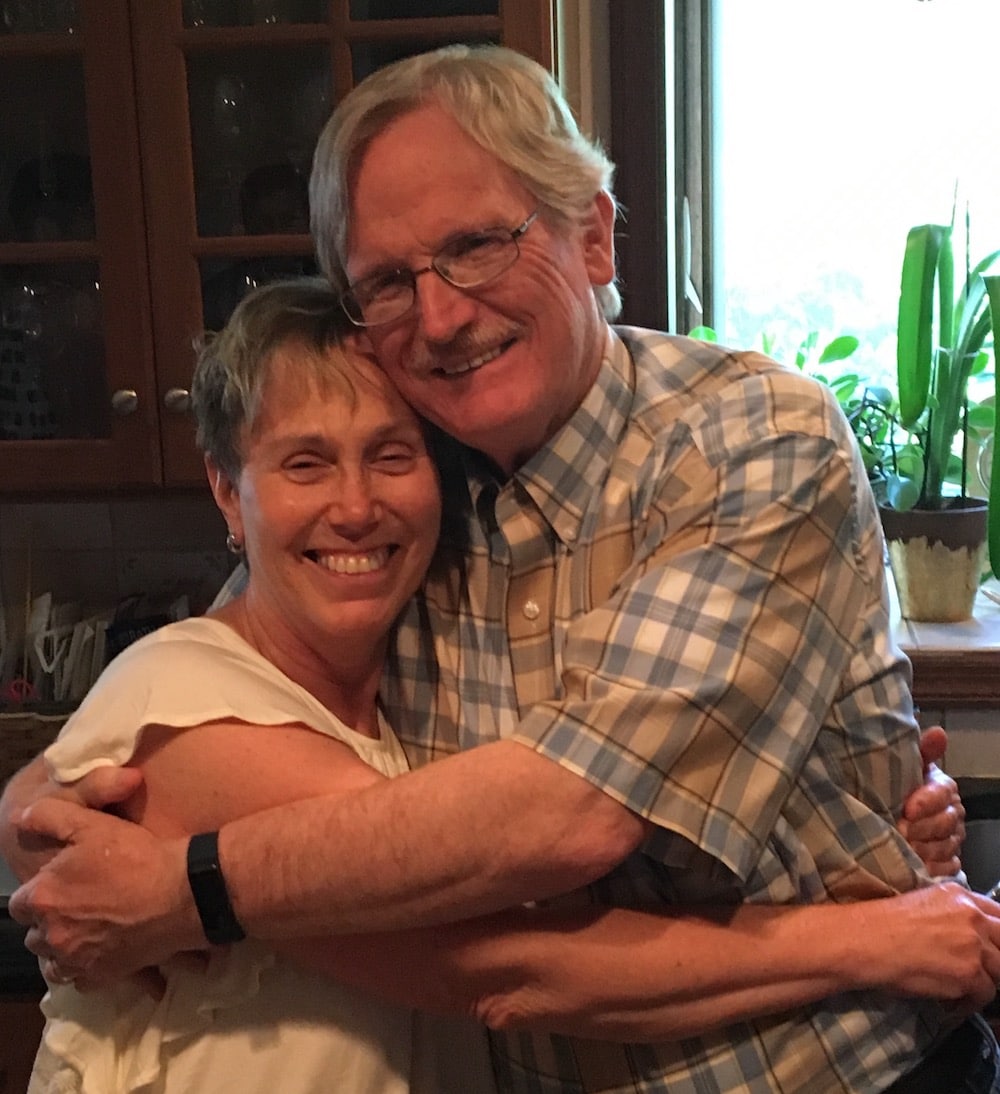
Will Any Rabbi Marry Us?
Hello,” Jan said as she picked up the phone and spoke to her Mother. “We are doing OK. How are you and my Dad doing?” Based on the portion of the conversation I was hearing, Jan’s conversation with her parents was going well. But Jan and I knew it was the beginning of May, and we were running out of time to find a Rabbi who would marry us.
So he said no as well,” Jan said in a calm, matter-of-fact tone. “Are there other people we can meet with?”
I hugged Jan to reassure her.
No, we do not have any other potential options,” said her Mother despite Jan having the headset next to her ear.
Jan responded and said we could look in NY for a Rabbi.
Would they or could they do a wedding in NJ?
“Until we meet with them, we will not know.”
Jan said we would ask once we meet with a NY Rabbi.
“Wherever the wedding is, we need our friends to be able to attend and celebrate with us,” Jan stated.
It seemed like the conversation was going in the same pattern as the prior ones. I stopped hugging Jan so I could kiss her lips. I walked back to the kitchen to finish the dishes.
No, we cannot postpone the wedding,” Jan said as her voice rose in volume.
I turned the water off and walked back to be next to Jan. This time, she pulled the phone away from her ear so I could hear better.
“We have talked about and believe that is the best option. I understand you think love is the most crucial factor, but it is not!
I whispered in Jan’s ear, “Ask if we can discuss this when we visit them for Mother’s Day.
As soon as I spoke those words, I worried that waiting until we were there would be like announcing we were getting married on her mom’s birthday.
Can we talk about this when we are together this weekend,” Jan asked.
Her Mother firmly pushed back.
“Janice, we only do what we believe is best for you. I know you think you love Richard, but marriage is a lifetime commitment. Rushing and making a mistake can cause so many problems.”
Jan was about to cry. I held her in my arms and said quietly into her ear, “End the conversation.”
“I need to go. We can talk about it on Sunday.”
I took the phone, placed it on the table, and hugged Jan so hard she complained.
“I need to be held by you but a little less tightly.”
I loosened my hold and reminded her that I loved her more than anything in the universe. She kept trying to speak, and I persisted in covering her lips with mine. Finally, I let go so we could sit next to each other.
What do you think about the suggestion of postponing the wedding?”
We are not going to postpone the wedding. We will find someone to marry us. Richard, I love you and want to spend the rest of my life with you.
After almost 48 years, I recently lost my wife, Jan Lilien. Like The Little Prince, Jan and I believed that “The most beautiful things in the world cannot be seen or touched, they are felt with the heart.” This blog is a collection of my random thoughts on love, grief, life, and all things considered.


